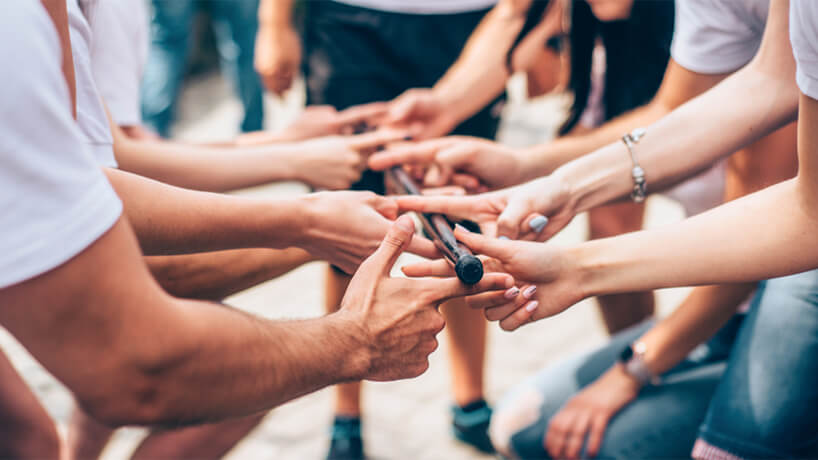If you have a dream that cannot be broken down into parts until completion, it is most likely that the quality assurance of the output will struggle. It is better to have an objective that can be broken into parts and the outputs measured. If your dream is to run in the Olympics, you have to be able to break that into parts like – win my college finals, win the state championships, win the regionals, be called for the national trials, excel in the national, represent my country. From these parts, you can attach timelines and metrics like 100 metres in 10 seconds, etc. You cannot move from being a runner to going to Olympics straightaway
~ Uwem Umana

Life is a continuous learning journey, where each experience, especially those born from past mistakes, serves as a valuable lesson. These experiences, when reflected upon and learned from, become a repository of solid data that guides future decisions. This article explores how learning from past experiences and applying these lessons to similar future situations can lead to significant progress and success.
Learning from the Past: The Foundation of Wisdom
Every mistake made and every challenge faced is an opportunity for growth. When you go through tough situations as a result of past decisions, it’s a chance to pause and reflect. This reflection is more than just thinking about what went wrong; it’s about understanding why it happened and how it can be prevented in the future. If you encounter a similar situation again, having learned from your past, you’re equipped to handle it more effectively, almost guaranteeing a successful outcome.
Graduating with First-Class Lessons
Imagine each life experience as a course in the university of life. When you learn from a mistake, it’s akin to passing that course with flying colours. If a similar situation arises, you’re now prepared to graduate with a ‘first class’ in handling it, thanks to the lessons learned. This analogy underscores the importance of not just going through experiences but growing through them.
Solid Data Over Emotions
One of the critical aspects of learning from experiences is the ability to prioritize hard-earned knowledge over emotions. While emotions are an integral part of our decision-making process, they can sometimes cloud judgment. The data you have from past experiences – the what, why, and how of past mistakes – should guide your decisions more than the transient sway of emotions. This approach ensures that your decisions are grounded in wisdom and not just feelings.
Applying Learnings to New Situations
The true test of whether you have learned from your experiences is how you apply these lessons to new challenges. It’s about recognizing patterns and using your past as a reference point for current decisions. This application of knowledge is what transforms past failures into stepping stones for future success.
Progress Through Experience
Every time you successfully apply lessons from the past to a new situation, you make significant progress. This progress is not just in avoiding past mistakes but in becoming more adept at navigating life’s complexities. It’s a cycle of continuous improvement, where each experience enriches your understanding and enhances your ability to make better choices.
Conclusion
In conclusion, the experiences we go through, especially those resulting from our own mistakes, are invaluable sources of knowledge. By reflecting on these experiences, learning from them, and applying these lessons to future situations, we set ourselves up for progress and success. Remember, it’s not just about the experiences you have but how you use them to shape your future. Embrace your past mistakes as lessons, apply them wisely, and watch as you transform challenges into triumphs.
Check out for more on Social Media




